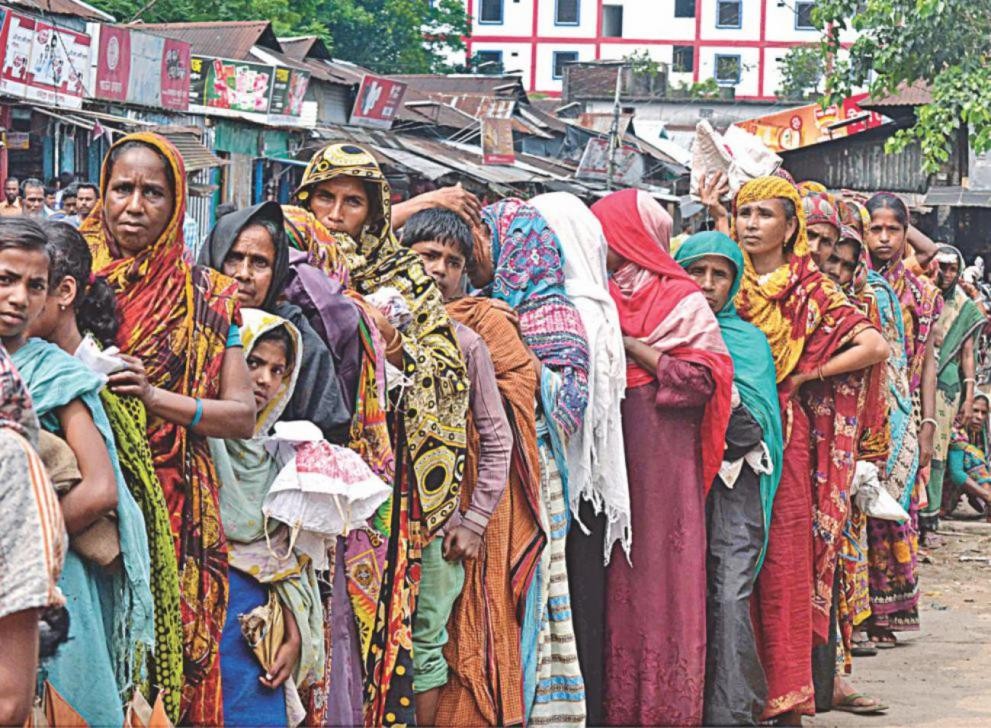
Dr Selim Raihan
The recent decisions by the interim government—raising taxes and suspending the TCB truck sale program—clearly reveal the short-sightedness and inconsistency of state policies.
The first decision, which increases taxes on over a hundred products, is particularly troubling for the public. The current high inflation rate has already put immense financial pressure on the population, and further tax increases will only exacerbate this burden.
Consequently, the prices of goods in the market will rise, creating even more challenges for the poor and middle classes.
It is truly alarming that the government continues to rely heavily on indirect taxes to boost revenue. Indirect taxes generally place the most strain on the general public, as they are directly tied to the price of goods or services, with the entire burden falling on consumers.
In a situation where inflation is already rampant and purchasing power is shrinking, increasing these taxes will make life even harder for low- and middle-income people. However, the government could be more effective by reassessing its revenue strategy and focusing on collecting more taxes from the wealthy.
Currently, a number of wealthy individuals and businesses evade taxes or benefit from various forms of tax relief. Despite selling high-priced goods and services, these entities are not properly taxed on their income or assets. This inequality undermines social justice and public trust, while also harming the national economy.
If the government took stronger action in its tax enforcement and ensured that those who evade taxes pay their fair share, it could significantly improve its revenue. The government has a responsibility to investigate and take legal measures against those who engage in tax evasion.
Therefore, by reducing reliance on indirect taxes and increasing direct taxes on the wealthy, the government could create a more balanced and stable economy. Addressing economic inequality and ensuring fairness in revenue collection would bring long-term benefits to the country.
However, continuing to increase pressure through indirect taxes could harm both the common people and the country’s overall economic stability.
On the other hand, the suspension of the TCB truck sale program is deeply troubling. This initiative was a crucial means of providing affordable goods to low-income people. Given the severity of inflation and the instability of people’s incomes, this program could have been an important tool for further aiding the poor.
However, the government’s decision contradicts the reality that such a program is needed. By suspending the TCB initiative, the government has narrowed the scope of assistance to those in need, highlighting a disconnect between the government’s economic policies and the public’s needs. This move will not only worsen the living conditions of the poor but will also undermine public trust and confidence in the government.
These decisions clearly show that the government lacks coordination between its monetary, revenue, and market policies. The government should have taken effective steps to expand support for the poor and general population during this time of high inflation while also ensuring market stability.
Instead, the government has adopted more restrictive measures that will only increase people’s hardships. The government should have reconsidered its revenue policy, avoided adding more pressure to the already struggling populations, and focused on increasing revenue through taxation of the wealthy.
Hopefully, the government will soon make wiser decisions and take actions that truly reflect the needs of the people.
tbs

